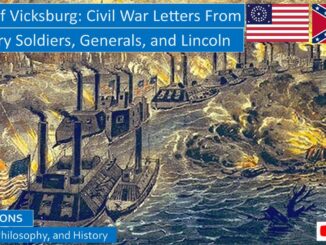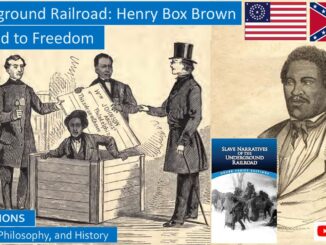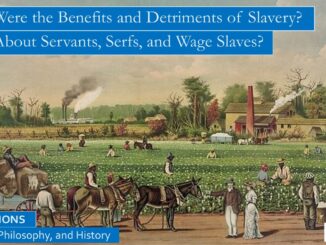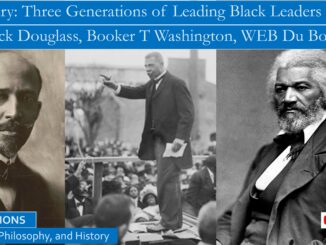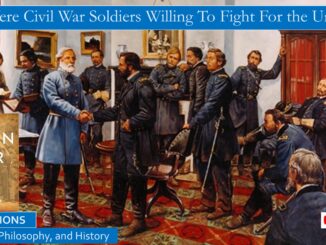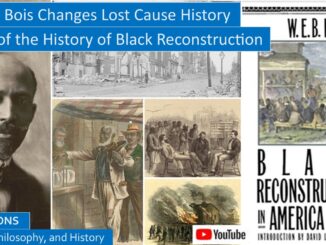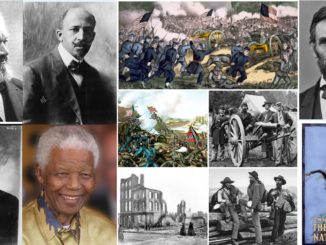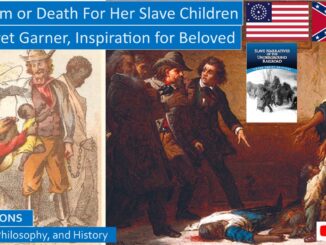
Margaret Garner, Slave Mother Who Killed Her Child to Avoid Slavery, Inspiration for Beloved
Our author Levi Coffin remembers, “Perhaps no case” regarding “fugitive slaves attracted more attention and aroused deeper interest and sympathy than the case of Margaret Garner, the slave mother, who killed her child rather than see it taken back to slavery.” This is a troubling story. I do not wish […]

